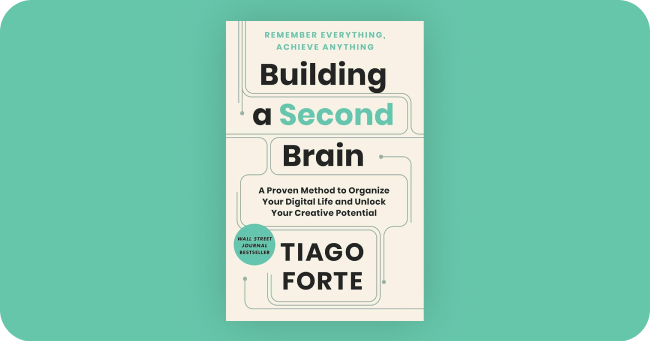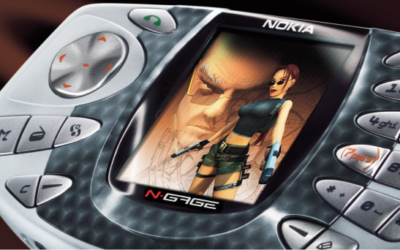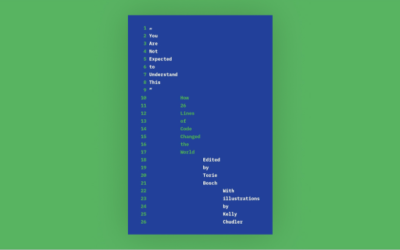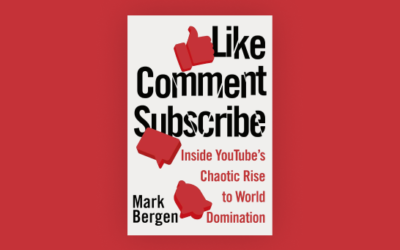I used to think the only way out of information overload was avoidance: if only I could turn off my phone for days and block the stream to focus on the important. Maybe if I didn’t lose myself on YouTube to indulge in the fine curatorial work of its algorithms that much. Only then I would be on the right track for wisdom and proper productivity.
But that was during my ‘digital minimalism’ era, that to be honest never went that well. Now I’m practicing radical acceptance with this reality: yes, the digital age is a challenge to our minds and souls, but Pandora’s box has been opened and that’s not getting reverted anytime soon. Excess of content is here to stay and permeates every aspect of our lives so I better stop demonizing it and learn how to deal with it in a way that’s more positive to my quality of life.
Now instead of ‘How can I avoid all this madness to be a better and more successful person?’ I preffer to ask ‘How can I better manage my post-internet reality in which I have to exist and earn a living?’. The answer could be in changing the relationship we currently have with information to practice a more active approach towards it. Action always seemed like the solution to me, but ‘Building a Second Brain’ reframes this in a ying-yang kind of way: information is there to be managed and put towards something.
We do need some degree of consumption for our doing to be relevant, too. The tricky part is balance. Such a fun paradox that the technology enabling free unlimited flow of information is also the one messing up our capacity for attention, and thus for action. But I’m not a doomer and want to believe there is resistance in the approach of coexisting with this endless stream while using it to create newer, more relevant outputs. Outputs that —spoiler alert— might end up in that same endless stream of content.
It sounds full circle to me. Better to be a part of it than just a sideline spectator. Like Britney Spears said on ‘Circus’, her late-2008 single: ‘There’s only two types of people in the world, the ones that entertain and the ones that observe’.
Not really, we actually can do both. And that’s what ‘Building a Second Brain’ —appart for offering a very precise methodology for note-taking and personal knowledge management— is about: regaining control over knowledge and reconnecting it to the very human purpose of doing.



